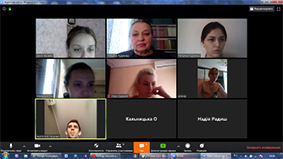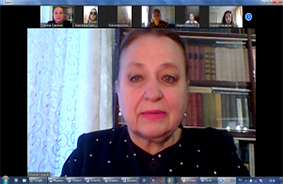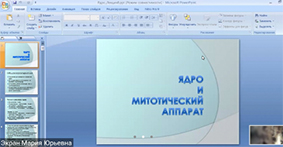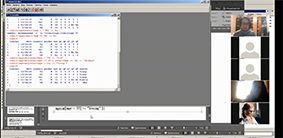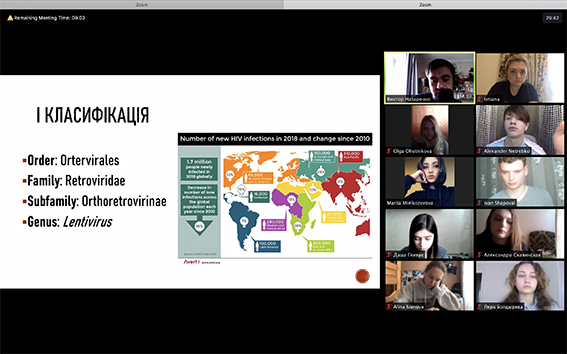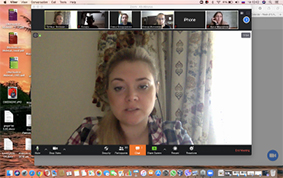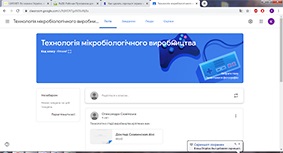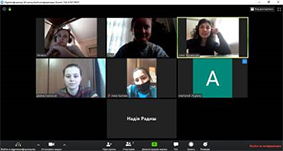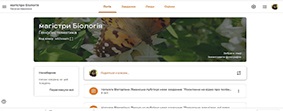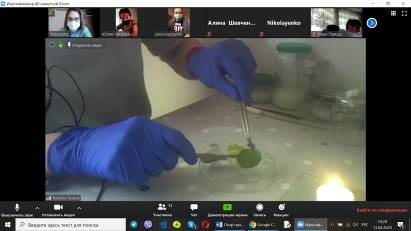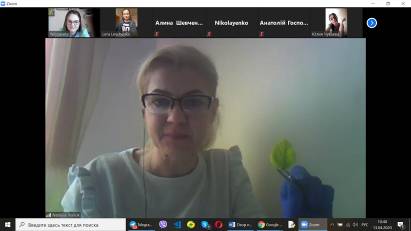Remote learning
Distance learning in the conditions of war is significantly different from what it was during the quarantine period caused by the coronavirus infection.
As before, lecturers of the department conduct training using convenient platforms for distance learning - Zoom lectures, giving presentations and control tasks using the Google Classroom web server, e-mail and via Viber, Telegram messengers.
But, in conditions of stress, excessive psychological load and constant worries, it is difficult for students to perceive dry information in the form of a monotonous lecture. It is necessary to interest the student more, sometimes even at the level of emotions. That is why the lecturers of our department and the course curators, who are in constant contact with students and devote part of their lecture hours to finding out how students feel, whether they are all well, whether there is uninterrupted communication with relatives. They find out if it is possible that students need additional help in order to master the course.
In addition, every teacher understands that it is much easier to sit four pairs in the classroom than in front of a monitor. In this regard, our lecturers include in there courses many demonstration materials, work with servers, fragments of educational films.
Quarantine left us its experience, which came in handy now. As before, many of us additionally study on services such as Stepik, Coursera, Edx or Promiteus and tell students about such opportunities.
However, distance learning has its downsides, especially for biology or medical students. First of all, the difficulty with practice. The situation in which students can see how something is done, but do not have the opportunity to do it with their hands, in many ways devalues the acquired knowledge and this is one of the main disadvantages of distance learning.
With this form of education, the maximum result can be achieved only under conditions of strict self-discipline, independence and consciousness, which is complicated by the psychological pressure that both students and teachers feel now.
The lecturers of our department try to conduct practical classes in the laboratory with a simultaneous demonstration in Zoom. This especially applies to practical classes in microbiology, immunology, virology, and a special workshop.
Now we have blended form of learning and this is good because it is impossible to get practical skills remotely. However, we all remember that there is currently a war in the country, so students are familiar with the location of protective structures and the rules of behavior during evacuation and shelter.
Therefore, despite everything, we can say that the teachers of our department have coped and are still working and hoping for the best.
